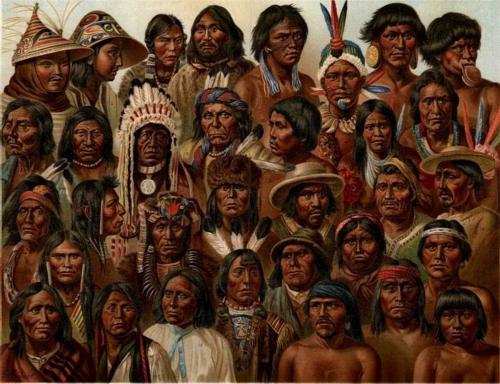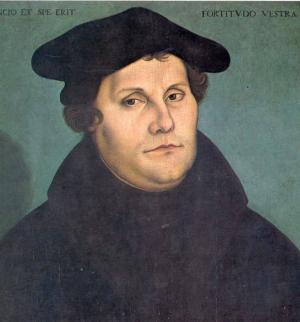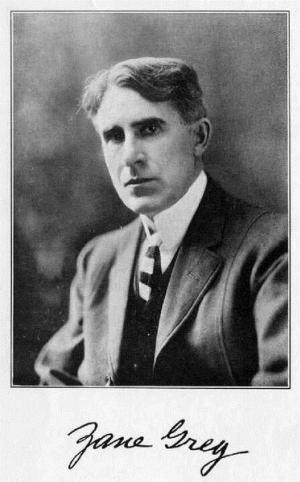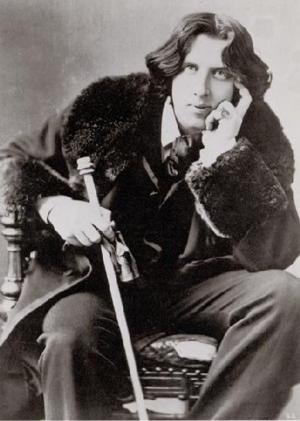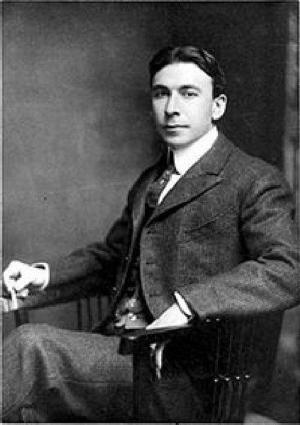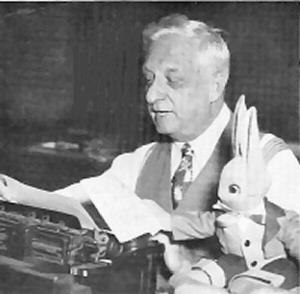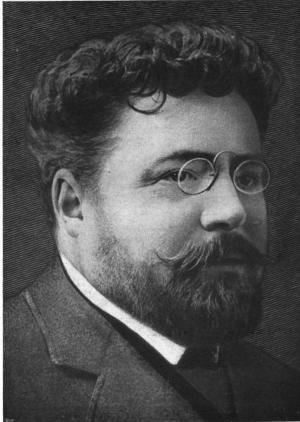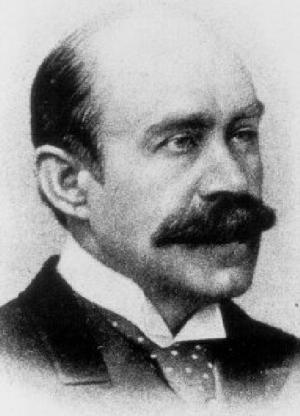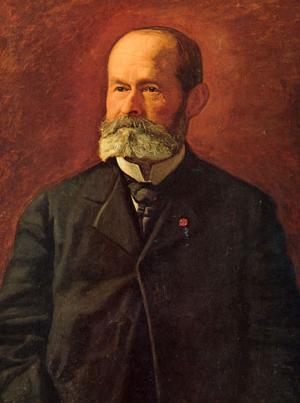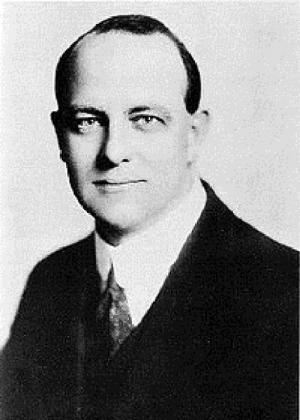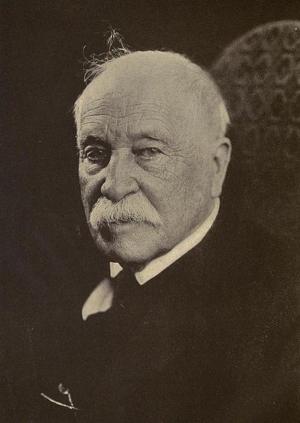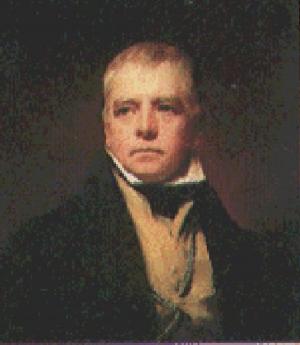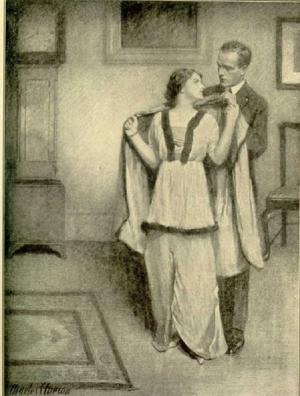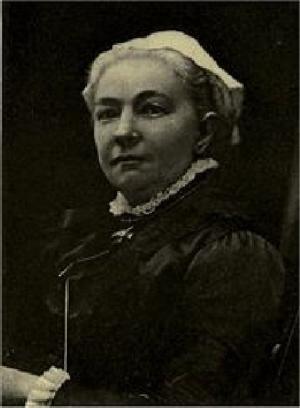The War Chief of the Six Nations: a Chronicle of Joseph Brant, from Chronicles of Canada
Nonfiction, History, Americas, Canada| Author: | Louis Aubrey Wood | ISBN: | 9781455309443 |
| Publisher: | B&R Samizdat Express | Publication: | December 15, 2009 |
| Imprint: | Language: | English |
| Author: | Louis Aubrey Wood |
| ISBN: | 9781455309443 |
| Publisher: | B&R Samizdat Express |
| Publication: | December 15, 2009 |
| Imprint: | |
| Language: | English |
According to Wikipedia: "Thayendanegea or Joseph Brant (March 1743 24 November 1807) was a Mohawk military and political leader, based in present-day New York, who was closely associated with Great Britain during and after the American Revolution. Perhaps the American Indian of his generation best known to the Americans and British, he met many of the most significant Anglo-American people of the age, including both George Washington and King George III. While not born into a hereditary leadership role within the Iroquois League, Brant rose to prominence due to his education, abilities and his connections to British officials. Through his sister, Molly Brant, and his later leadership, he was associated with Sir William Johnson, the influential British Superintendent of Indian Affairs in the province of New York. During the American Revolutionary War, Brant led Mohawk and colonial Loyalists against the rebels in a bitter partisan war on the New York frontier. He was accused by the Americans of committing atrocities and given the name "Monster Brant", but the charges were later found to be false. After the war, he relocated with most of his people to Canada to the Six Nations Reserve, where he remained a prominent leader."
According to Wikipedia: "Thayendanegea or Joseph Brant (March 1743 24 November 1807) was a Mohawk military and political leader, based in present-day New York, who was closely associated with Great Britain during and after the American Revolution. Perhaps the American Indian of his generation best known to the Americans and British, he met many of the most significant Anglo-American people of the age, including both George Washington and King George III. While not born into a hereditary leadership role within the Iroquois League, Brant rose to prominence due to his education, abilities and his connections to British officials. Through his sister, Molly Brant, and his later leadership, he was associated with Sir William Johnson, the influential British Superintendent of Indian Affairs in the province of New York. During the American Revolutionary War, Brant led Mohawk and colonial Loyalists against the rebels in a bitter partisan war on the New York frontier. He was accused by the Americans of committing atrocities and given the name "Monster Brant", but the charges were later found to be false. After the war, he relocated with most of his people to Canada to the Six Nations Reserve, where he remained a prominent leader."
